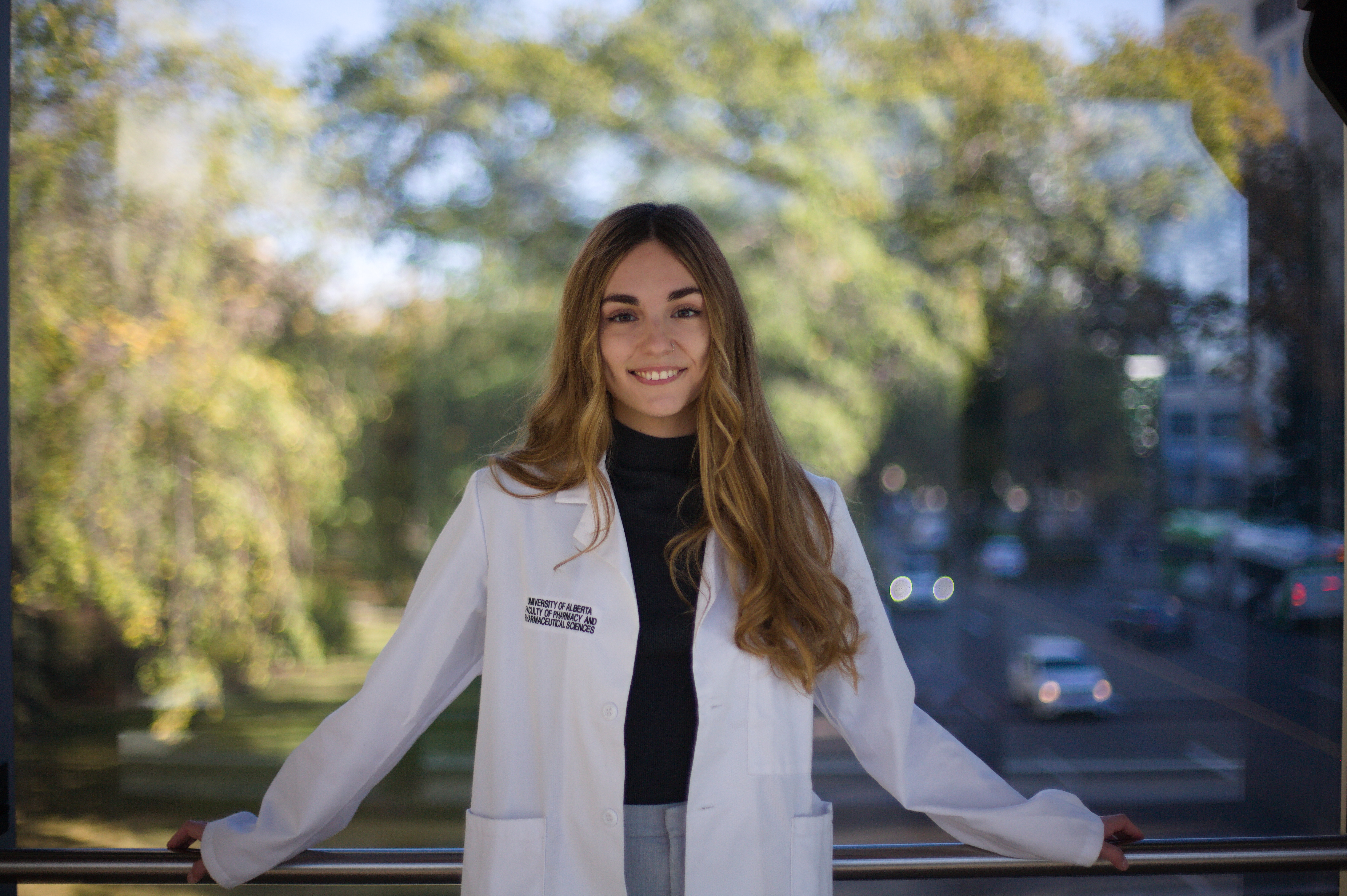Sydney Facette
24 October 2024
 She took her passion even further, recently participating in an immersive five-day experience at the Hazelden Betty Ford Foundation & University of Alberta 2024 Substance Use Disorder Immersion Program, where she gained insights into substance use disorder treatment and recovery.
She took her passion even further, recently participating in an immersive five-day experience at the Hazelden Betty Ford Foundation & University of Alberta 2024 Substance Use Disorder Immersion Program, where she gained insights into substance use disorder treatment and recovery.
Tell us about your experience at the Betty Ford Center.
The Medical Education Program was a five-day immersive experience in substance use disorder treatment and recovery at the Hazelden Betty Ford Foundation in Rancho Mirage, California. I had the opportunity to learn from expert clinicians and staff about key concepts in the recovery process, including spirituality, the 12-step program, pharmacotherapy and core beliefs. We were even able to take part in some of the activities offered to patients, including Qigong! However, it was through connecting with patients during personal conversations and group therapy sessions that I truly gained a comprehensive understanding of substance use disorder. It was an unforgettable experience and I feel incredibly privileged to have had the opportunity to attend.
How will you apply what you learned to your professional and academic life?
I plan to apply what I learned by taking a holistic approach to helping patients with this disorder. Pharmacotherapy is important, but it is only one aspect of the recovery process. To support patients, I aim to create an inclusive and compassionate environment that not only ensures they feel heard but also empowers them in their recovery journey. By actively listening to their experiences and ensuring their needs are met, I aim to build a strong foundation of trust and collaboration in their care. I also intend to engage my colleagues in discussions about this disorder, sharing insights to improve the understanding and challenge existing stigmas. By promoting education and open dialogue, I hope to improve the care of patients.
Where did you experience the most personal growth through this experience?
. I am grateful that patients trusted me with their life stories. Through these conversations, I came to understand they are just ordinary people, facing their own struggles. I was able to recognize that I had been, unfortunately, contributing to the stigma surrounding substance use disorder. This experience not only challenged my preconceptions but also inspired me to become a more compassionate and committed advocate for patients with the disorder to ensure they get the care they need and deserve.
How has this experience impacted you as a future pharmacist?
I want to ensure patients with this disorder are receiving the care they deserve. I want to go beyond just providing medications. By actively listening to patient concerns, I hope to be a pharmacist who addresses their needs properly. I want them to feel heard and empowered, knowing they can openly share their concerns and challenges without fear of judgment. Creating this safe space is essential to fostering trust and supporting their recovery process.
During one of my conversations with a patient, they emphasized a desire for health-care providers to truly understand substance use disorder as a chronic condition rather than viewing it as a weakness. I am dedicated to creating a caring environment that is based on this understanding and supports patients throughout their recovery.
What did you learn from this experience?
One of the most impactful moments for me was witnessing firsthand the resilience and strength of patients with substance use disorder. In many of our conversations, patients opened up to me, sharing their stories that often included past experiences of trauma. Patients were navigating the secondary effects on their lives, working to repair relationships and rediscovering their spirituality. I was inspired by the hope, courage and commitment exemplified by patients, even in the face of the challenging journey that lies ahead in their recovery process.